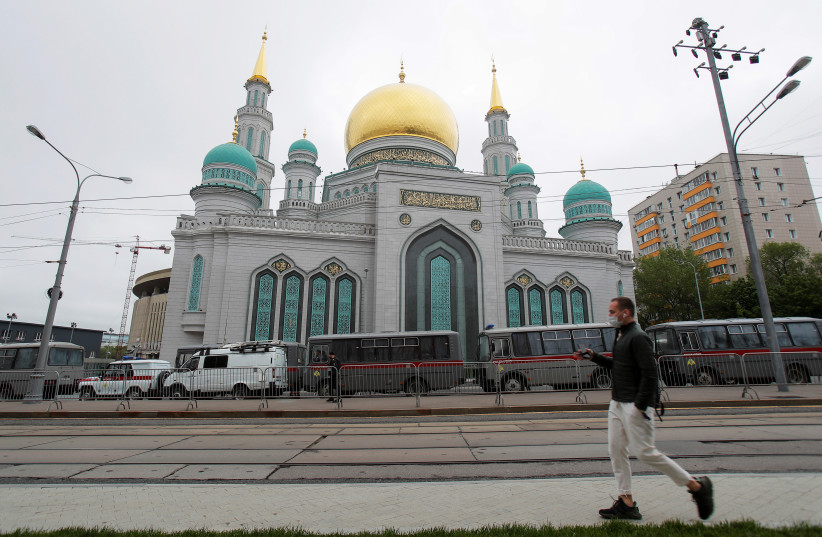Russia is taking steps toward implementing Islamic banking practices in four of its predominantly-Muslim eastern regions: Chechnya, Dagestan, Bashkortostan and Tatarstan. According to Russian media outlet Interfax, a bill was submitted to the Russian Parliament on Monday outlining an experimental pilot plan to implement Islamic financial practices in those regions which, if approved, will begin in February 2023.
Islamic law outlines specific instructions for all financial endeavors. Paying or charging interest is entirely forbidden, as is investing in any business involved in forbidden (haram) items like pork and alcohol. Even investing in businesses that deal in gossip or pornography is haram. Gambling of any kind is also haram, so all contracts which depend on any uncertain future event are off the table.
"The topic of attracting funds from Asian countries is on the agenda, from Arab countries, from Malaysia [and] Indonesia.
Anatoly Aksakov, head of the State Duma committee on the financial market
Qatari non-profit media outlet Middle East Monitor (MEMO) explained in a July article that this move toward Islamic banking, which has been in the works for several months, has come as a response to western sanctions in light of the war in Ukraine. Therefore, Russia is looking toward the Middle East and Asia for more lucrative trade in the Muslim world.
Islamic banking in non-Muslim countries

Islamic banks exist worldwide. In 2014, the Economist reported that around 1% of the world's assets were being held in Sharia-compliant financial institutions. Muslim and Muslim-majority countries contain the majority of the world's Sharia-compliant banks, but they are steadily spreading. In 2004, the first Islamic bank in a non-Muslim country opened up in London, and in 2013, J.P. Morgan began offering Islamic banking options to its customers. Today, people all over the world have the option to bank Islamically.
Russia's plans for Sharia banking
Interfax quoted Anatoly Aksakov, head of the State Duma committee on the financial market, as saying that "the topic of attracting funds from Asian countries is on the agenda, from Arab countries, from Malaysia [and] Indonesia." He went on to explain that these countries "show attention to this law."
Russia's tentative venture into Islamic banking and trade practice is not entirely unexpected, even outside the current context of war. According to a 2017 survey from the US State Department, Muslims constitute approximately 10% of Russia's total population. Russia has ruled parts of the northern Caucasus region for hundreds of years. These areas, which include Chechnya, Dagestan, Bashkortostan and Tatarstan, have massive Muslim populations and have made Russia the country with the largest Muslim population in Europe.
